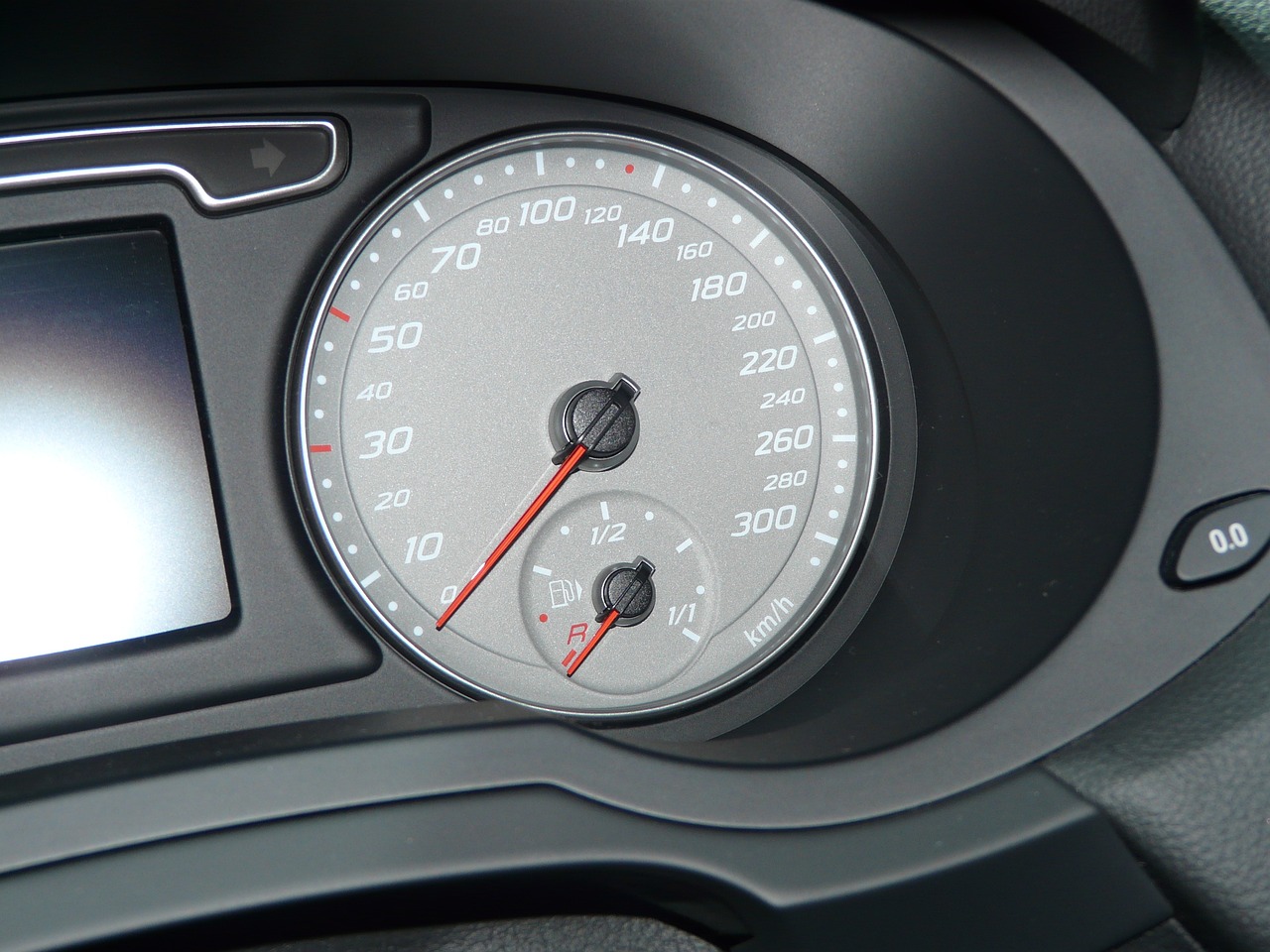Have you heard that driving with your car’s gasoline reserve can cause mechanical problems? But, it will be true, here we explain this point in more detail.
Although there are solid arguments to affirm that driving in reserve is not the most advisable, in modern cars, abusing the fuel reserve does not necessarily lead to breakdowns.
Old engines
In the past, in older cars, there was a real risk associated with driving with a nearly empty tank. This was partly due to the material of the fuel tanks, which were usually metal and, when almost empty, tended to rust more quickly.
The resulting rust clogged the passages, and fuel filters were less effective or even nonexistent in some cases, damaging the carburetor and other components.
Modern engines
Modern engines require highly filtered and clean fuel to operate properly. Therefore, currently, several filters are installed, generally one before the pump, in the tank suction intake, and another in the fuel line, near the engine.
It is true that, as the tank empties, the proportion of solid particles in relation to the remaining liquid increases. It’s like when we fill a sink with dirty water and notice that the drain clogs when there is very little water left. The less fuel in the tank, the higher the proportion of solid particles in the liquid.
However, here lies a detail that we often overlook: dirt settles, especially in gasoline and diesel, since they are less dense than water.
The time when the tank is most likely to become clogged is when we start the car for the first time in the day, since all the suspended particles have settled at the bottom of the tank. These particles remain there until the movement of the vehicle agitates them and keeps them in suspension.
In addition, modern vehicle tanks are made of plastic materials that do not rust, even when almost empty.
See also: Autonomous Vehicles on the Future of Car Sales
Tips to avoid debris in the engine:
- Do not refuel while the tanker is filling the gas station tanks, as this stirs up sediment in the tanks.
- Do not leave the car stationary for long periods, as all the impurities present in the fuel tend to settle at the bottom of the fuel tank.
The engine is forced
Beyond the potential damage from debris, running on reserve puts additional pressure on the engine, requiring greater effort. In a similar way to how it is harder for us to drink from a straw when there is little liquid left in the glass, the fuel suction pump works harder when it is scarce.
Also, as happens again with the straw, when trying to suck up the last traces of liquid, air also enters the mixture. This makes the air/fuel ratio leaner and, consequently, less efficient.
This problem becomes considerable only if we drive with the reserve constantly. So, if you ever have to drive on the last of your tank to the next gas station, don’t worry, it won’t get any worse.

1 thought on “Is it bad to drive with fuel reserve?”